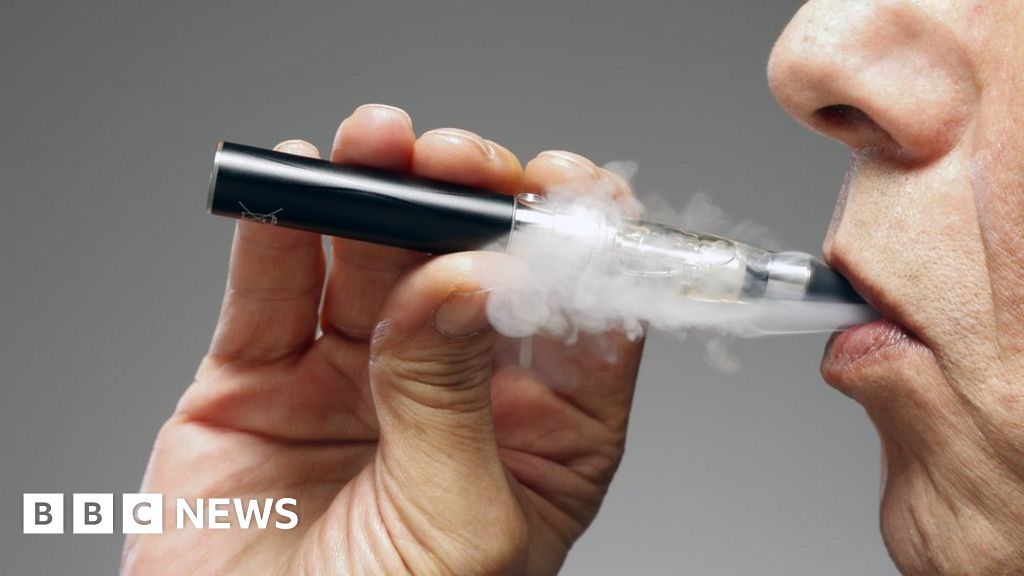The measure was approved on Tuesday night by parliament and, according to the British Secretary of State for Health and Social Care, aims to create the first smoke-free generation.
"We are creating a smoke-free generation that will ensure that no one who turns 15 or under this year legally buys tobacco, saving [these people] from the misery of repeated attempts to quit," said Victoria Atkin.
Furthermore, she said, this legislation will make the economy "more productive and help build an NHS that provides faster, simpler and fairer care".
The law "is not intended to demonize people who smoke or prevent them from buying tobacco, nor will it in any way affect the rights or prerogatives of current smokers," she said, adding that the aim is to help people stop smoking.
"We will also almost double the funding for local smoking cessation services," announced the Secretary of State, stressing that the legislation "looks to the future to give the next generation the freedom to live longer, healthier and more productive lives."
To ensure compliance with the new rules, trading standards officers will be given new powers to impose on-the-spot fines on retailers who illegally sell tobacco or vaporizers to this generation, with the money raised being used to fund new enforcement measures.
The measure was passed following a previously announced commitment by the government to ban the sale and supply of disposable vaporizers, which has been on the rise among young people.
Vaporizers "can damage young people's lungs while they are still developing, intensify long-term pressure on the national health service and impair their concentration at school," explained Victoria Atkin.
"We can't replace a generation addicted to nicotine with another addicted to vaporizers," he said, pointing out that these devices are marketed in a cynical way, being sold at very affordable prices alongside sweets, adorned with cartoon characters and flavors such as cotton candy and watermelon ice cream.
"Our children are being exploited and we cannot and will not allow this to continue. That's why this legislation will empower us to take strong action against flavors and packaging close to children and to change the way vaporizers are displayed in stores," she concluded.
In April last year, England announced a desperate measure: one million smokers in England received a free e-cigarette kit as an incentive to stop using tobacco products.
Other countries have adopted strict bans, particularly on e-cigarettes. Australia was one of the last countries to ban them, in the face of a "disturbing increase" in the practice among young people.

Canada, meanwhile, was the first country in the world to print health warnings directly on individual cigarettes, on the filters, in an attempt to discourage smoking and convince smokers to quit.





